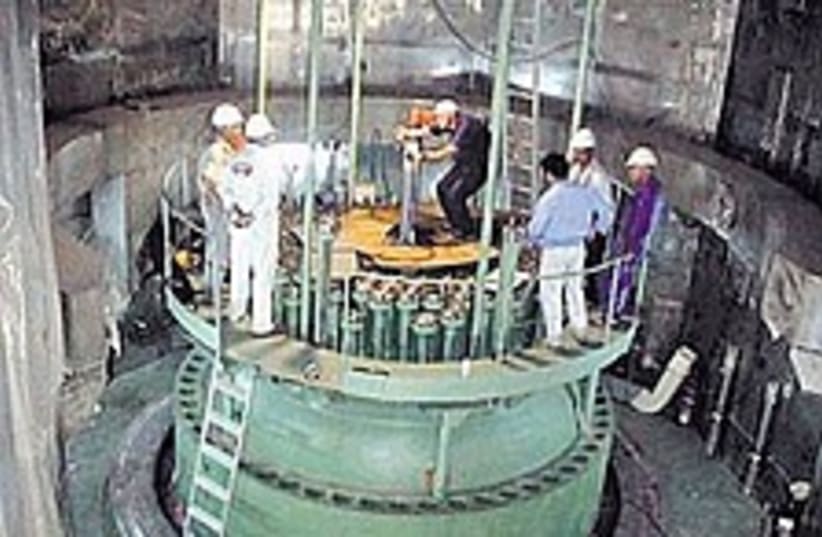| THE IRANIAN THREAT | |
| JPost.com special: news, opinion, blogs and more |
Expert: Clash over Iran nukes inevitable
Says Iran's goal is to create 'Islamic Empire' uniting Shi'ites, Sunnis.


| THE IRANIAN THREAT | |
| JPost.com special: news, opinion, blogs and more |